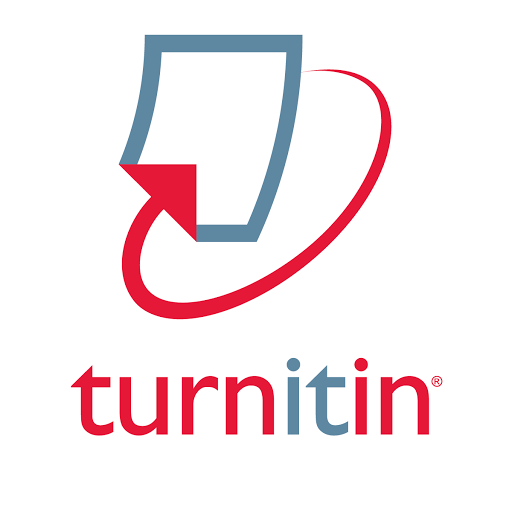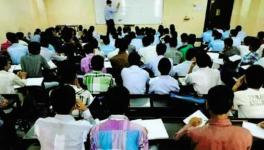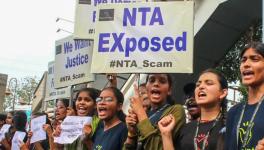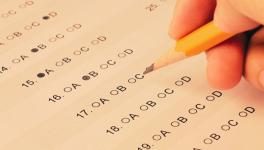Will Introduction of A Plagiarism Detection Software Help End Plagiarism in PhD Theses?

On June 23, Union HRD Minister Prakash Javadekar announced that the Centre will use ‘Turnitin’ software to curb plagiarism in that is rampant in PhD theses. He also said that those people whose dissertations have plagiarised content would not get the doctorate degree in the coming days.
A ZDNET article mentions that “Turnitin's software cross-checks the text against a large database and then flags word sequences that match other word sequences in their database. It's up to the teacher, who also logs into the service, to determine if a flagged match counts as plagiarism or is a properly-cited quote.”
“The Central government has taken strong steps to keep a check on such practices of plagiarism in PhD research. One person’s PhD thesis has been wrongly used by some others to complete their theses. As such cases are on the rise, we have decided to use software such as ‘Turnitin’ and others to keep a check on such theses,” the minister told reporters in Shirdi, near Pune.
Plagiarism is a very serious problem for researchers and there are no two ways about it. As research is fundamentally an exercise in adding to/changing previous knowledge in a specific area of study, the issues of plagiarism and falsification of data and results, are fundamental to the quality and reliability of research.
But, at the same time, we have to make sure that the way of curbing it is sufficient and effective. So the question arises that, will the introduction of ‘Turnitin’ and other plagiarism detection software be an effective means of curbing plagiarism?
An article in Inside Higher Ed points out that “Plagiarism detection software from vendors such as Turnitin is often criticized for labelling clumsy student writing as plagiarism. Now a set of new tests suggests the software lets too many students get away with it.”
Susan E. Schorn, a writing coordinator at the University of Texas at Austin first ran a test to determine Turnitin’s efficacy back in 2007, and a follow-up test conducted in March 2015 also produced similar results.
“We say that we’re using this software in order to teach students about academic dishonesty, but we’re using the software we know doesn’t work,” Schorn said. “In effect, we’re trying to teach them about academic dishonesty by lying to them.”
Schorn said she based her own tests on HTW Berlin’s research. The same article states that “Turnitin received a score of 67 percent in that [HTW Berlin’s] test, high enough to beat more than a dozen other products, but still low enough to be deemed only “partially useful” to instructors.”
The University of Applied Sciences for Engineering and Economics, also known as HTW Berlin, has conducted six studies since 2004, studying the efficacy of plagiarism detection software. The most recent of these, conducted in 2013, needs to be taken into account by our policy-makers. The result of this study contains some relevant and insightful conclusions.
“So-called plagiarism detection software does not detect plagiarism. In general, it can only demonstrate text parallels. The decision as to whether a text is a plagiarism or not must solely rest with the educator using the software: it is only a tool, not an absolute test.”
The study states that the “Most troublesome is the continued presence of false negatives -- the software misses plagiarism that is present -- and above all false positives [finding plagiarism where it doesn’t exist],”.
In addition to the issues of false negatives and positives, plagiarism detection software fits into a larger ethical debate about how to teach writing.
Douglas Hesse, professor of English and executive director of writing at the University of Denver called the software a “side issue”. He said that “Students need to learn and experience writing as an activity by thoughtful people for thoughtful people, as a complex skill that develops over time, with diligence, often through fits and starts,”.
He further added that “Teachers need the skill and time to create authentic tasks and to coach student writers through them.”
Get the latest reports & analysis with people's perspective on Protests, movements & deep analytical videos, discussions of the current affairs in your Telegram app. Subscribe to NewsClick's Telegram channel & get Real-Time updates on stories, as they get published on our website.
























